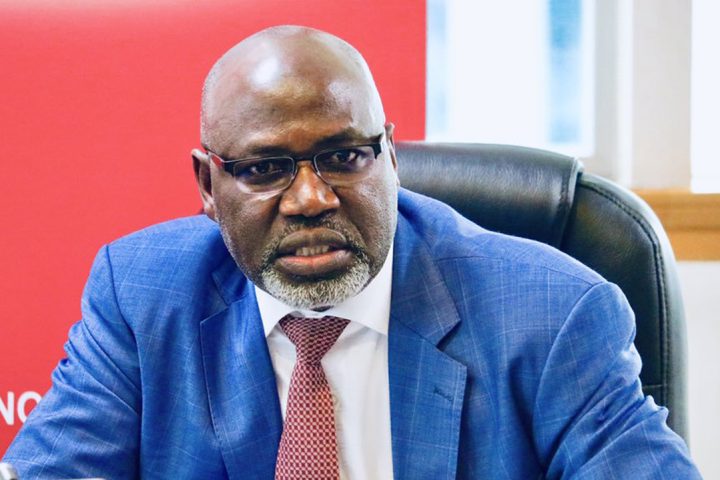Despite crackdown, thousands of mourners gathered on Friday to pay their last respect to late Russian opposition leader, Alexei Navalny.
Aged 47, Navalny died on 16 February in a controversial circumstance inside Russian prison, leading to accusations by his supporters that he was killed by the authorities. Kremlin has however, denied involvement in his death.
Join our WhatsApp ChannelThe burial took place at a cemetery in southeast Moscow where large crowd of people gathered and chanted anti-Putin songs. Some of them, according to Reuters, chanted “Russia will be free”, “No to war”, “Russia without Putin”, “We won’t forgive” and “Putin is a murderer”, amidst heavy presence of police officials that did not obstruct them.

The defiance displayed by Navalny’s supporters was considered a rare and risky one because public demonstrations in Russia are hardly tolerated.
A rights group, OVD-Info, reported that 91 people had been detained in 12 towns and cities, including Moscow for paying tribute to Navalny on Friday.
The Kremlin said any unauthorized gatherings in support of Navalny would violate the law and those who took part would be held accountable.
Navalny’s wife Yulia and two children, who are living outside Russia, did not attend the funeral.
Who is Navalny?
Navalny was a fearless critic of Vladimir Putin’s administration which proscribed his movement as extremist.
He was involved in organised protest, and publishing high-profile investigations into the alleged corruption of some in the ruling elite.
His imprisonment in 2021 after returning from Germany where he was treated for what was said to be poisoning, sparked scores of demonstrations across Russia, leading to thousands of detentions.
READ ALSO:
Russia’s Opposition Leader Navalny Is Dead
Inside prison, Navalny was said to have through social media, condemned Russia’s invasion of Ukraine and called on his allies to protest across the country against it. He was thereafter relocated to Penal Colony in Siberia, located 150 miles east of Moscow.
Earlier, in 2020, he was said to have been poisoned but Russian authorities denied it.
Victor Ezeja is a passionate journalist with six years of experience writing on economy, politics and energy. He holds a Masters degree in Mass Communication.



















Follow Us